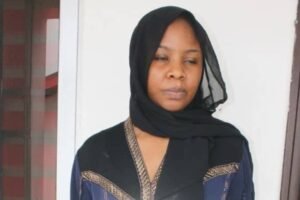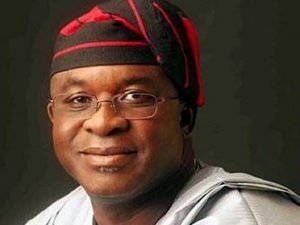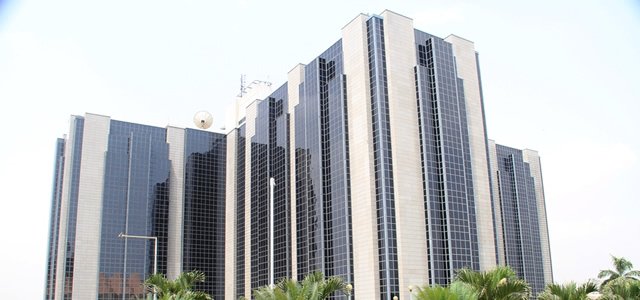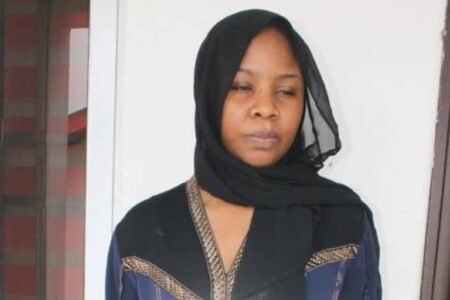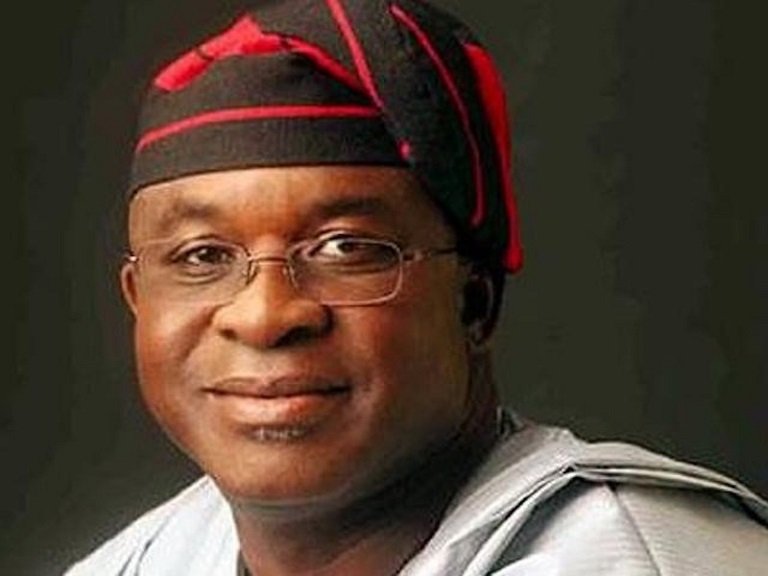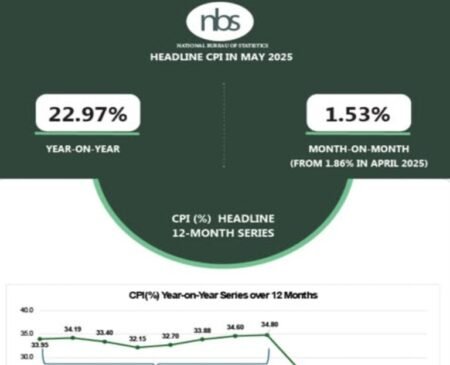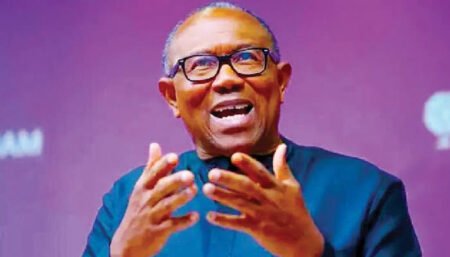
Central Bank of Nigeria sold $9 billion to forex dealers through the interbank market between February 21 and August 31.
The figure was arrived at following a 0review by this newspaper of all the official data of FX sales released to the public by the CBN within the period.
The FX sales were intended to cover for personal and business travels, medical needs, and school fees, futures market and other approved transactions.
At the time CBN began massive funding of the FX market, the naira had lost significant value, trading at over N500/$1 at the parallel market.
Then rent seeking, speculation and hoarding ruled the FX market as individuals and banks made fortunes from huge unmerited profits to the detriment of the naira. The recession was also at its peak as government revenue plummeted.
The CBN intervention, from the improved government dollar earnings saw the naira recover to over N485/$1 in early March 2017.
On February 21, when the CBN interventions began, the CBN offered for sale $370,810,810.79 to 23 banks to meet the “visible and invincible” requests of customers. At the end of February, the CBN had sold out some $550,900,000 in interventions.
Over the next six months FX sales by the CBN were as follows: March; $1,022,000,000;
Read Also Resident Doctors begin indefinite nationwide strike
April, $1,321,860,000; May, N1, 422,800,000; June, $1,651,500,000; July, $1,638,800,000 and August, $1,301,000,000.
Thus in seven months, CBN had intervened in the FX market to the tune of $8,908,860,000. Within the period, the naira appreciated from N520/$1 to N365 to the dollar at the parallel market.
The FX intervention also doused tensions in the FX market and forced rent seekers out of the market.
But experts wonder whether the cost to the country of nearly $9bn, against the gains recorded are worth it.
They argue that it is worrying the CBN is funding the market more than the private sector investors,. The private sector ideally should fund the FX market more than the Central Bank, they argue.
Prior to Nigeria’s FX crisis, the market was funded by both the private sector and the CBN.
